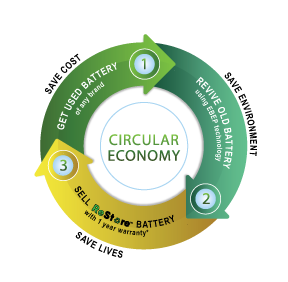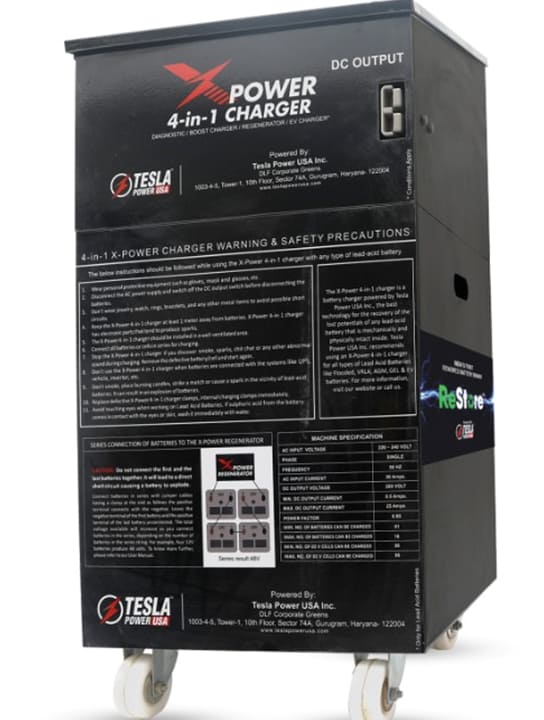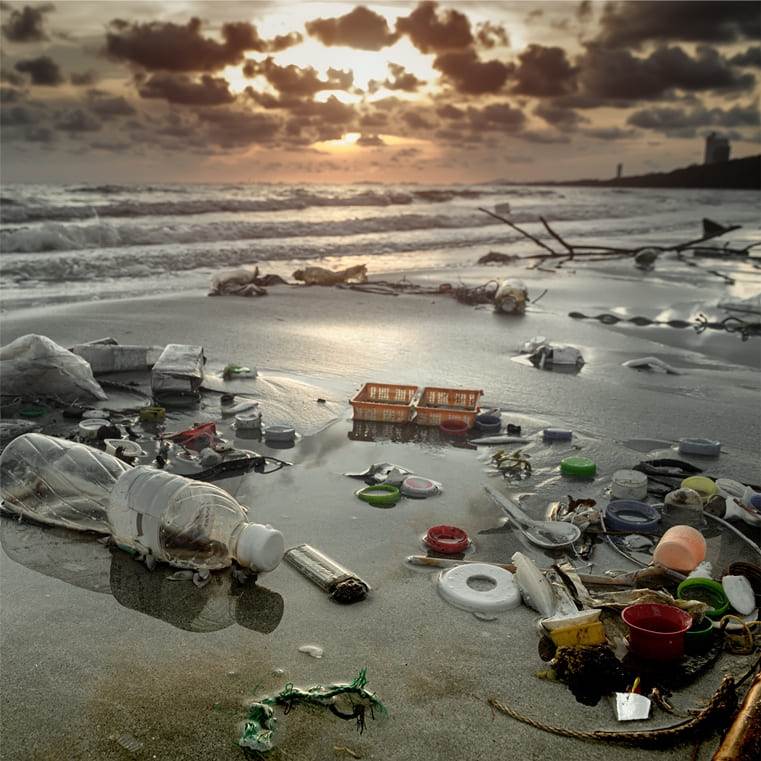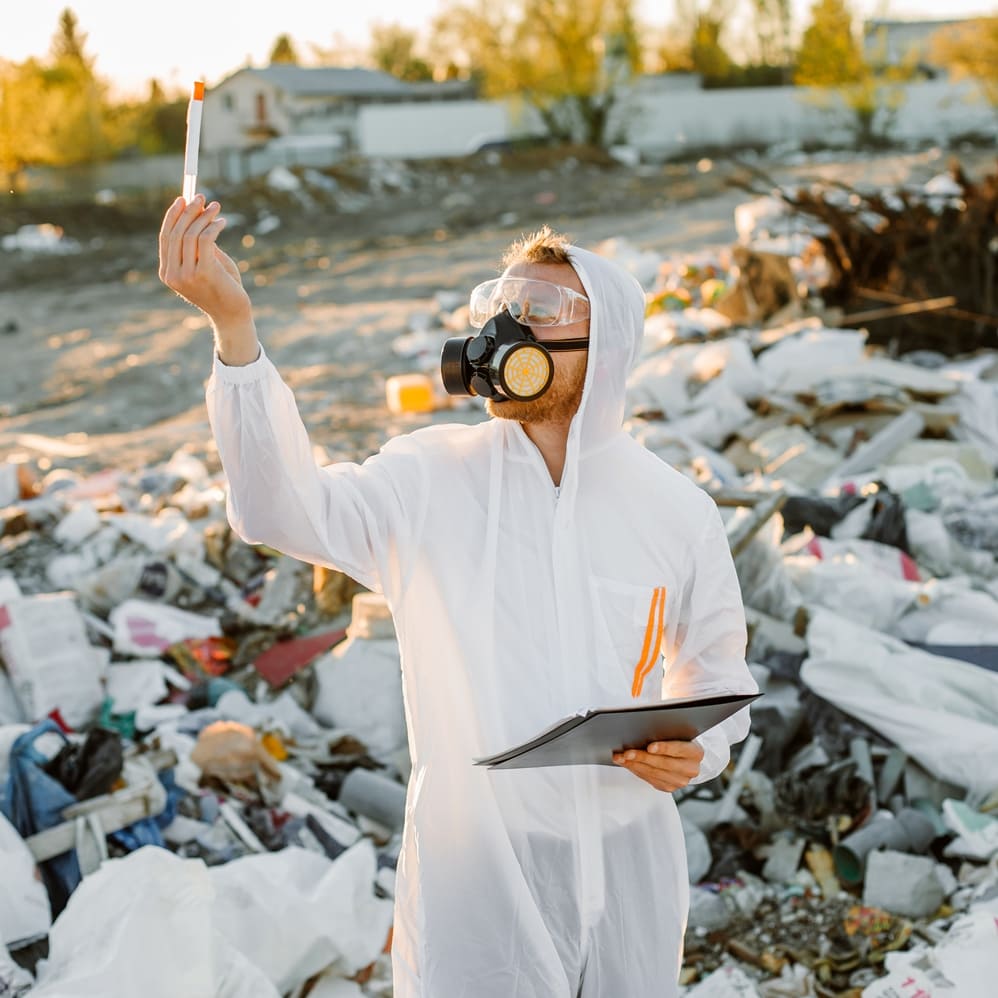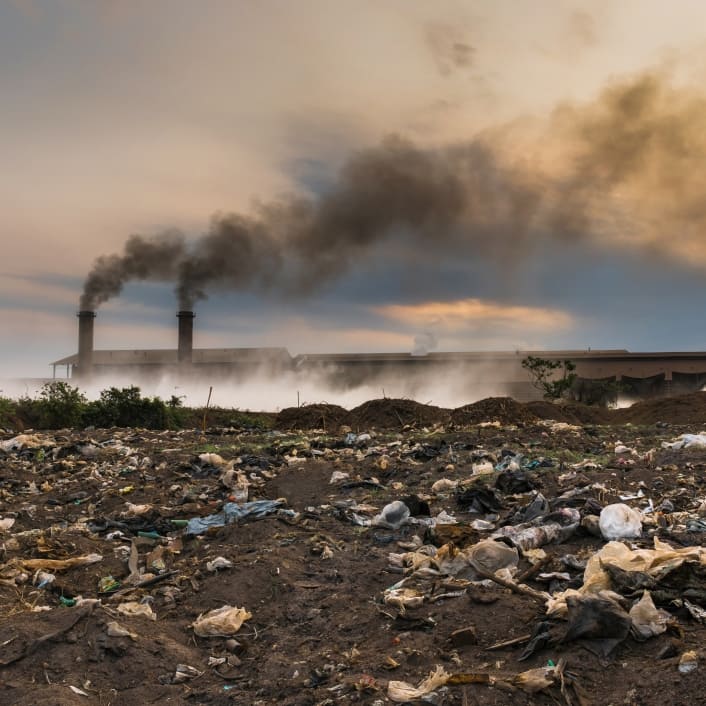The Electrochemical Battery Enhancement Process (EBEP) is groundbreaking technology that doubles the lifespan of lead-acid batteries, providing significant benefits for individuals and the environment. Doubling the lifespan of these batteries leads to substantial cost savings, particularly as they are widely used in households. With the EBEP technology, fewer replacements are needed, resulting in lower consumer costs.
Furthermore, extending the lifespan of lead-acid batteries has positive environmental impact. Currently, a large number of these batteries are discarded and replaced each year, leading to significant battery waste that harms the environment. By doubling the lifespan of these batteries, the EBEP technology aims to revive and reuse approximately 60-70 million batteries annually, reducing waste and promoting sustainability. EBEP technology has the potential to revolutionize the lead-acid battery industry. Through its implementation, substantial cost savings can be achieved, while also making a positive impact on the economy and the environment.

